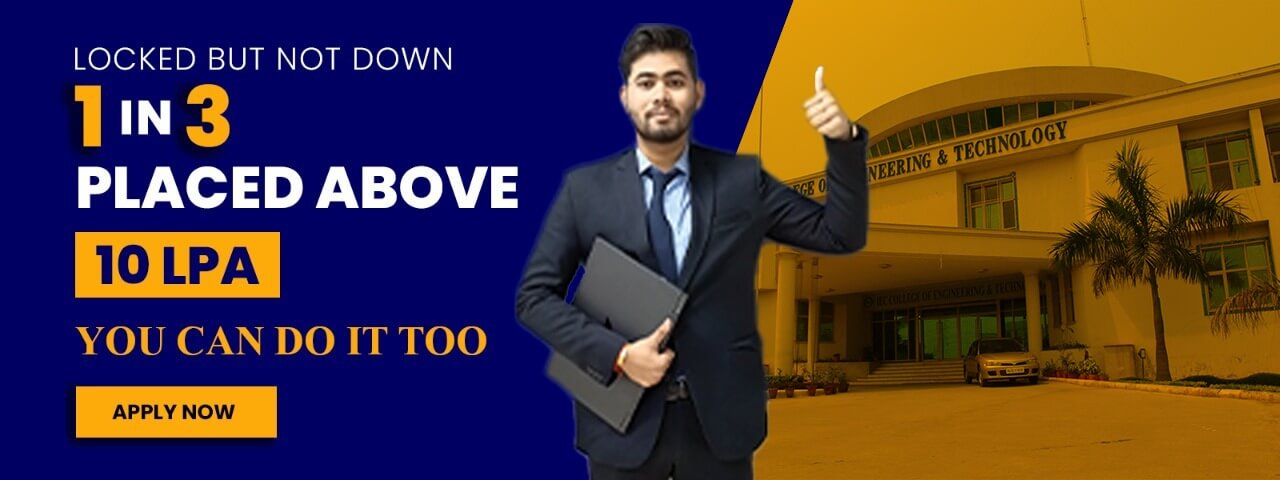| S.No |
PEOs |
| PEO 1 |
Engineering Knowledge: apply the knowledge of mathematics, natural science, engineering fundamentals, and an engineering specialization to the solution of complex engineering problems.
|
| PEO 2 |
Problem Analysis: identify, formulate, research literature, and analyse complex engineering problems reaching substantiated conclusions using first principles of mathematics, natural sciences, and engineering sciences.
|
| PEO 3 |
Design/development of Solutions: design solutions for complex engineering problems and design system components or processes that meet the specified needs with appropriate consideration for public health and safety, cultural, societal, and environmental considerations. |
| PEO 4 |
Investigation: conduct investigations of complex problems using research-based knowledge and research methods including design of experiments, analysis and interpretation of data, and synthesis of the information to provide valid conclusions.
|
| PEO 5 |
Modern Tool Usage: create, select, and apply appropriate techniques, resources, and modern engineering.
|
| PEO 6 |
Ethics: apply ethical principles and commit to professional ethics and responsibilities and norms of the engineering practice.
|
| PEO 7 |
Individual and Team Work: function effectively as an individual, and as a member or leader in diverse teams and in multidisciplinary settings.
|
| PEO 8 |
Communication: communicate effectively on complex engineering activities with the engineering community and with society at large, such as, being able to comprehend and write effective reports and design documentation, make effective presentations, and give and receive clear instructions.
|
| PEO 9 |
Life-long Learning: recognize the need for, and have the preparation and ability to engage in independent and life-long learning in the broadest context of technological change.
|
| PEO 10 |
Specific Programme Criteria: Graduates of the Electrical Engineering Programme must have the knowledge to analyse and design complex electrical and electronic devices, software, and systems containing hardware and software components. The graduates must have a good understanding of the principles and applications of the basic sciences, engineering science and advanced mathematics, including probability and statistics, differential and integral calculus, linear algebra and complex variables.
|











